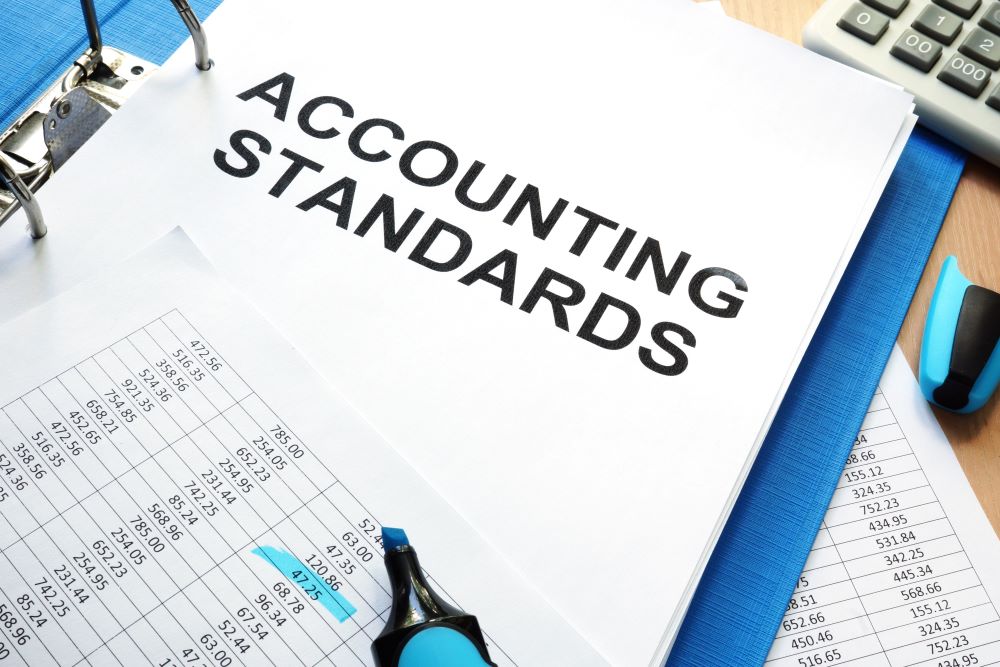The New Lease Accounting Standard Deadline is Approaching – Is Your Business Ready?

Businesses will see their leases in a whole new light as they begin implementing the Financial Accounting Standards Board’s (FASB’s) new lease reporting standards. As was revealed in early 2016, the FASB will soon require almost all for-profit and nonprofit entities to start recording leases on their balance sheets and statements of financial position. Under current lease accounting standards, companies do not record operating leases on their balance sheet but merely record “lease expenses” on their income statement when they make their monthly payments. Let’s walk through the basics of this new requirement and discuss how it will affect you and your business in the future.
What’s Changing?
The FASB updated the lease reporting standards to improve clarity about businesses’ lease agreements. When operating leases are only recorded on the income statement, investors and stakeholders are not able to easily assess a business’s future lease obligations. In addition, these operating lease obligations may comprise a large portion of the business’s financial commitments, so omitting them does not provide a complete picture. The new standard addresses this problem by requiring lessees (and lessors) to record all significant leases on their balance sheets.
Under the new accounting standard, a lease will be categorized as one of the following:
- Finance Lease – A finance lease is a long-term lease of an asset. The lease term will typically be for the asset’s entire useful life, and at the end of the lease term, the title may even pass to the lessee. Under the new standard, accounting for these leases (previously known as “capital leases”) will not change. Consistent with existing requirements, leases will be presented on the balance sheet as lease assets and lease liabilities, and lease payments will be reflected on the income statement.
- Operating Lease – An operating lease is a lease of an asset that will be upgraded regularly. Frequently used property like copy machines and company cars are typically leased for just a few years and then replaced with a new model under a new lease agreement. Reporting operating leases will be different under the new accounting standard. Instead of only being reflected on the income statement when a monthly lease payment is made, the asset’s value will be recorded on the balance sheet – just like finance leases are. The balance sheet will reflect (1) an asset representing the entity’s right to use the property for the lease term and (2) a lease liability for the remainder of the lease payments.
- Short-Term Lease – Leases that extend less than 12 months in duration do not need to be reported on the balance sheet at all unless the intent is for the lease to be renewed each year. In this instance, the short-term lease will be reclassified as an operating or finance lease and recorded on the balance sheet.
Business Concerns
When businesses implement this new accounting standard, they can expect a few things to change:
- Financial statements will look different
Businesses will need to add two additional line items to their balance sheet: assets and liabilities to reflect their operating leases. As a result, equity will not change significantly, but the total assets and total liability balances will increase. - Debt may need to be renegotiated
Because total liability balances will increase, businesses will want to confirm they are not violating their debt covenants. They may be in default status if their debt-to-net worth ratio creeps above a certain percentage. Some banks will understand that the change is attributed to a new reporting requirement, but others may not be willing to adjust their criteria. - Business processes will need to be reviewed
Companies will need to revise their business and accounting processes to absorb these new changes. For example, they may need different software to keep track of their leased equipment or a new employee to help them during the transition.
Effective Date
The effective date has been delayed two times. So now, reports for fiscal years beginning after December 15, 2021, must conform to the new standard. This means that the fiscal year-end companies must comply with the new standard during their 2022/2023 fiscal year.
Disclosures
The overall disclosure objective for leases is to provide information that enables the users of the financial statements to assess the effects leases have on the amount, timing, and uncertainly of cash flows. These disclosures requirements are both qualitative and quantitative information about, among other things, the lease contracts, significant judgments made in applying FASB ASC 842, and amounts recognized in the financial statements. FASB ASC 842 requires two types of disclosures: transition disclosures, which are necessary only in the year of adoption, and recurring, annual disclosures.
We recommend that you put your implementation plan into place now if you haven’t already. If your leasing activity is anything more than inconsequential, your financial statements will change substantially, and you will need to completely overhaul your reporting protocols to account for them accurately going forward.
Contact Us
If you have any questions about the information outlined above or would like to learn more about how Klatzkin can help with another accounting-related issue, click here to contact us. We look forward to speaking with you soon.
©2021 Klatzkin & Company LLP. The above represents our best understanding and interpretation of the material covered as of this post’s date. The content is provided for informational purposes only and does not constitute accounting, tax, or financial advice. Please consult your advisor concerning your specific situation.
